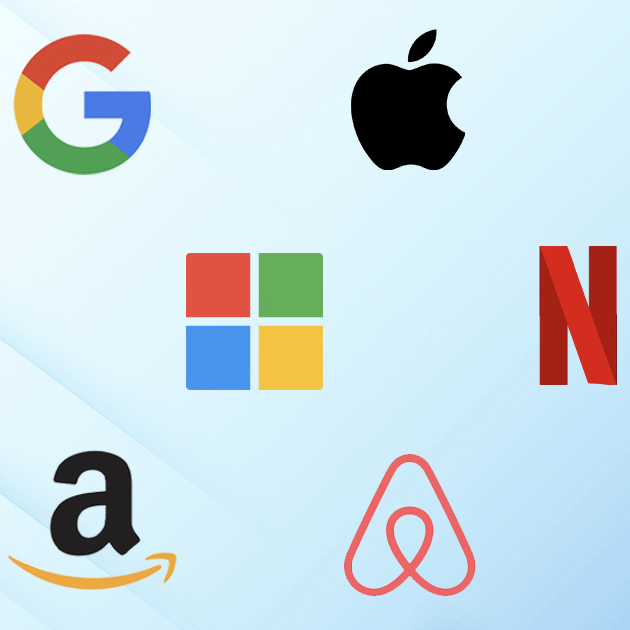
Big Tech
Often refers to the "Big 5": Google, Meta, Amazon, Apple, and Microsoft. They have all broken the 1 trillion dollar mark at some point and are premier career destinations for software engineers.
Explore Jobs By LevelEntry-Level Software Engineer JobsMid-Level Software Engineer JobsSenior Software Engineer JobsStaff Software Engineer Jobs
Explore TrendingLayoffsPerformance Improvement PlanSystem DesignInterpersonal CommunicationTech Lead